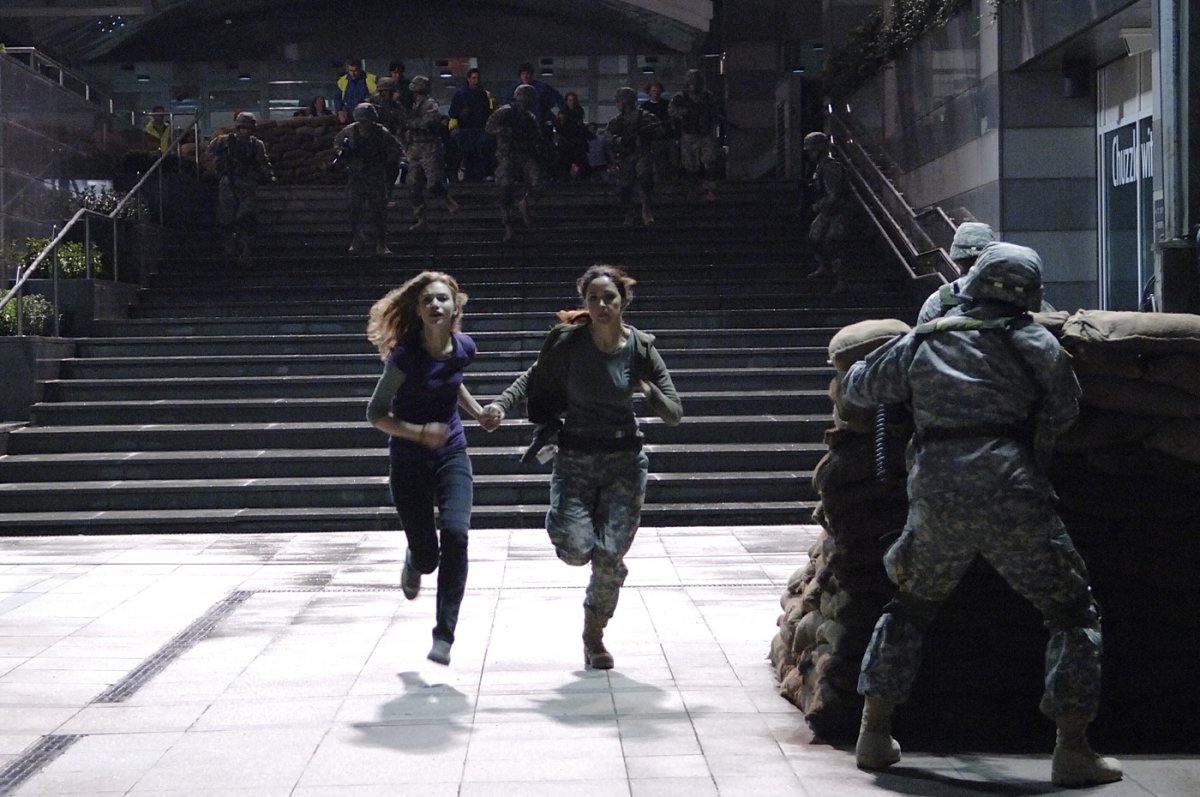Political Aesthetics of Contemporary European Horror Film
Project Funding: FWF Austrian Science Fund, P 24474-G21
Project Duration: 01.08.2012–30.04.2015
Project Lead: Drehli Robnik (LBIGG)
Project Partners: Ludwig Boltzmann Institute for History and Society (LBIGG); Austrian Film Museum
The topic of the project was the political aesthetics of contemporary European horror film. Film theory (influenced by authors such as Siegfried Kracauer, Gilles Deleuze, Heide Schlüpmann, Thomas Elsaesser, all of whom in their own way conceive of cinema as a public form of affective experience in temporalised images) was combined with political theory in a post-fundamentalist and radical democratic orientation (as proposed by Jacques Rancière, especially with perspectives also on aesthetics and on cinema). The central question the project dealt with was: How and to what extent do recent European horror films enable forms of critical perception of power relations and political dynamics in contemporary societies?
The original project duration of 1 September 2012 to 31 August 2014 was extended to 30 April 2015 without incurring costs in order to be able to organise a two-day final conference with a ten-day film retrospective at the Austrian Film Museum, Vienna, under the title “Schengen Horror: Euro-Horror Today“, (27 March to 6 April 2015) (speakers: Michael Palm, Vienna; Christine Lötscher, Zurich; Drehli Robnik, Vienna; Karin Harrasser, Linz; Michaela Wünsch, Berlin; Johannes Binotto, Zurich; cancelled due to illness: Matthias Grotkopp, Berlin). The events were accompanied by positive media coverage (FM4, Ö1, profil, Falter, Der Standard, Wiener Zeitung).
As an interim summary of the project, Drehli Robnik published the 215-page volume “Kontrollhorrorkino: Gegenwartsfilme zum prekären Regieren” in April 2015, Vienna, Berlin 2015 (positive reviews in: kolik.film, epd.film). A presentation on this volume was held on 14 December 2015 at depot, Vienna, with talks by Lia Musitz, Joachim Schätz and Drehli Robnik entitled “Horrorfilm als Kontrollgesellschaftskritik?” (“Horror film as critique of a control society?”)
